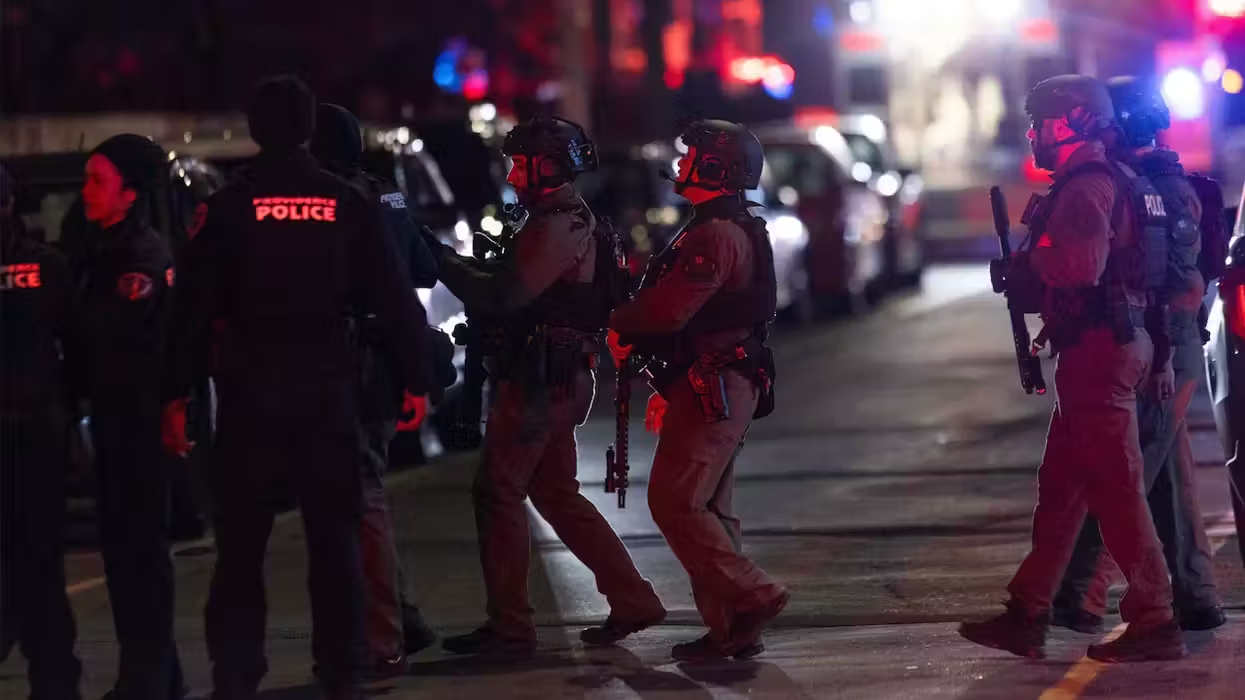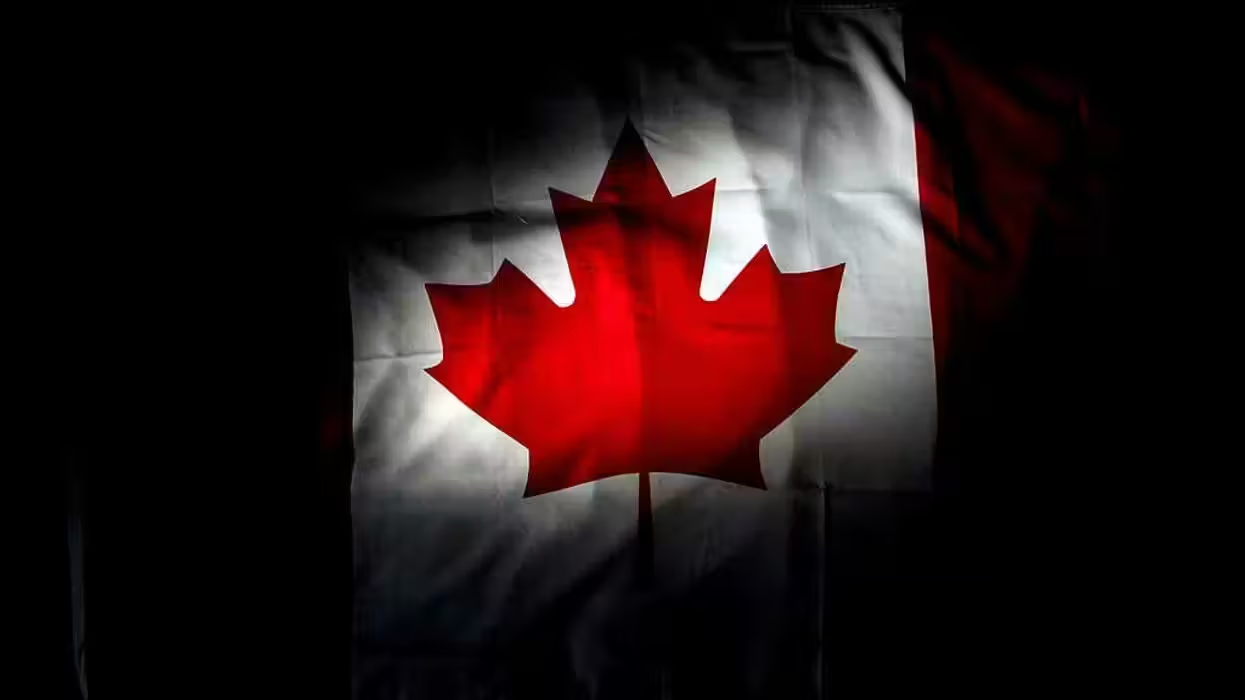
© 2025 Blaze Media LLC. All rights reserved.
Should Women be Allowed in the Special Forces? This Female Soldier's Response May Surprise You
June 20, 2012
"Is it realistic to place female soldiers in a situation where they will have to keep up with male soldiers..."
From nurses serving on the on the battlefield as part of the Red Cross to the establishment the Woman's Army Corps in the 1940s and disestablishment of it in the 1970s to eliminate distinction between men and women in the U.S. Army, female soldiers have been increasing in number and role in the U.S. Military. As of 2010, there were more than 167,000 active-duty enlisted women in the military.
But the age-old question and concern of many about women serving in the armed forces still remains: should they be on the front lines of combat. Who better to ask than a woman in the field.
The Special Operations Forces Report (SOFREP) recently interviewed a current National Guard member who works on a civil support team and as a "Special Forces enabler" about various aspects of being a female in this field and especially about women in combat.

The unnamed female soldier spent 12 years in the Army Reserves, took a 14-year break as a civilian where she earned her degree in criminal justice and worked as a paralegal, and later rejoined the National Guard where from 2008 to present day she has served on the civil support team in Afghanistan. Civil support teams assess weapons of mass destruction attacks, advise civilian responders and facilitate the arrival of additional military forces, according to the National Guard.
When on a typical patrol, she "was part of the security element" and "fought side-by-side with the team" when they were engaged. As a CST she helped conduct female engagements.
Still, she said she had to prove herself as a "capable soldier" that "was not seen as a female that needed to be protected (I was not a distraction on the battlefield)." SOFREP asked her "What is it like going out on patrol as a female soldier with Infantry and Special Forces soldiers who are exclusively male?" She said she would much rather work with the guys than a bunch of females any day, acknowledging though that you have to have very thick skin.
Going further SOFREP brings up the debate of putting women in direct combat. She explains that we first have to realize that debate will always be present, but also that women are already serving in that role. If, as many argue, females are a distraction in combat because "it's a man's natural instinct to want to protect women," she says, they're doing a poor job of following that instinct.
"Well, if that’s the case then they have failed as a soldier because when we put that uniform on we’re all soldiers," she said.
Addressing other issues in the argument, this female soldier does acknowledge that you can't just put any female in the line of duty. It has to be "capable women," she said.
There are a few things she does have reservations about where women are involved, though:
As far as allowing women into the infantry, Rangers or SF, I have mixed opinions on this one. I believe if women can do the job just as well as men, then why not? We cannot, however, expect any concessions to be made for these women. They have to be held to the same standard as their male counterparts.[...]
Is it realistic to place female soldiers in a situation where they will have to keep up with male soldiers in eighty pounds of equipment or where they may have to throw a 200 pound man (plus kit) over their shoulder in a fireman’s carry?
This is a valid argument. I realize in the infantry one is required to carry upwards of 80 pounds or more while under movement but as mentioned previously, if a woman can effectively perform at this level and keep up, then I say why not. I believe there probably are women that can in fact carry a 200-pound man, but they’re likely few and far between. I do have to say though that I highly doubt every male in the infantry can perform at this level.
Much like anything else, why not conduct a pilot program and see how it goes? How will we know if we don’t give it a try? But again, the standards have to remain the same for women.

This CST member's advice to young women interested in joining the military? "Something that many individuals (men and women alike) don’t think about is what it truly means to be a U.S. soldier and what they’re promising to do as such. Once they’ve wrapped their head around that and if they’re still interested in joining I’d tell them, 'go for it!'"
Read more from this woman's perspective on SOFREP here.
Want to leave a tip?
We answer to you. Help keep our content free of advertisers and big tech censorship by leaving a tip today.
Want to join the conversation?
Already a subscriber?
more stories
Sign up for the Blaze newsletter
By signing up, you agree to our Privacy Policy and Terms of Use, and agree to receive content that may sometimes include advertisements. You may opt out at any time.
Related Content
© 2025 Blaze Media LLC. All rights reserved.
Get the stories that matter most delivered directly to your inbox.
By signing up, you agree to our Privacy Policy and Terms of Use, and agree to receive content that may sometimes include advertisements. You may opt out at any time.






